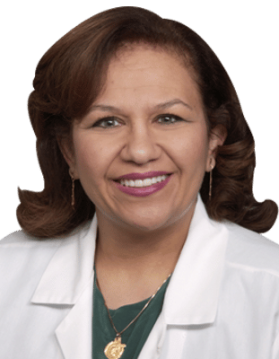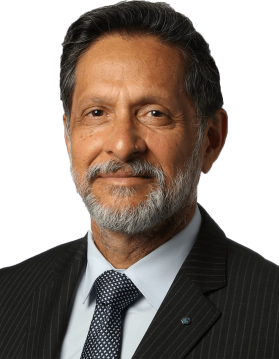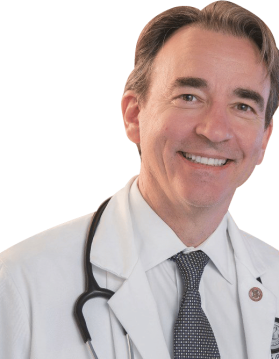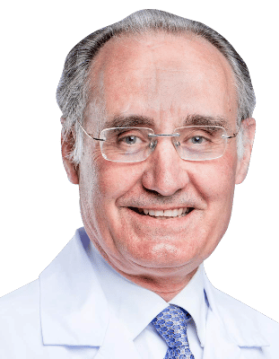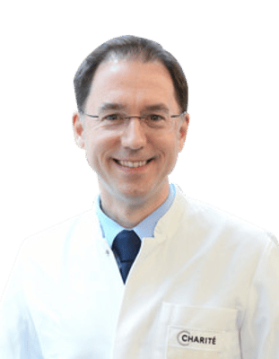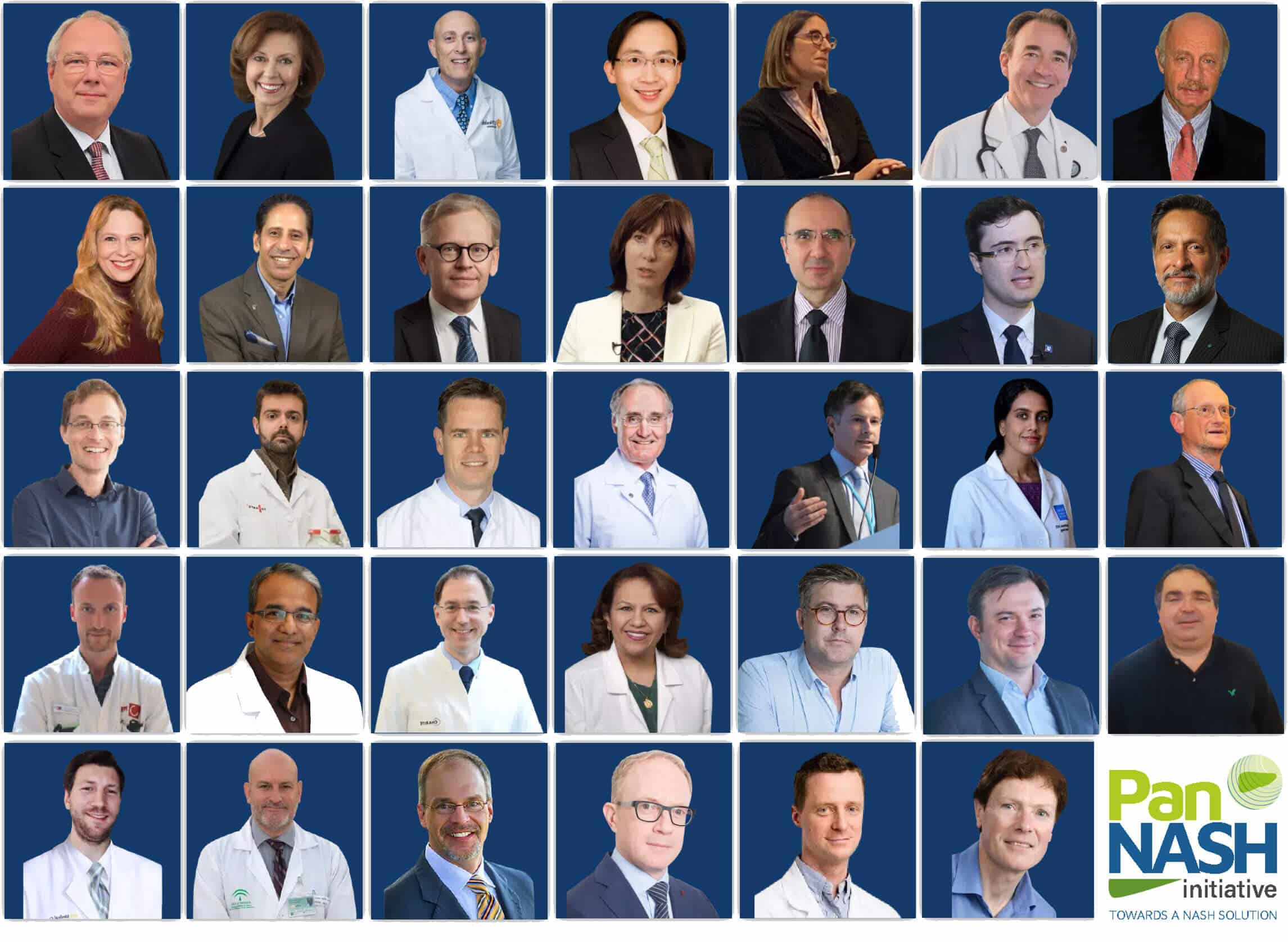MISSION
We Are The #1 Research Expert working group on NASH
The PanNASH Initiative aims to increase awareness and disseminate knowledge related to non-alcoholic steatohepatitis (NASH) as a multisystem disease with a focus on PPAR agonists among the scientific and clinical community, patients and other key stakeholders within the healthcare system, thus improving the lives of millions of patients worldwide.
Trusted Global Independent Experts
The PanNASH Initiative is a working group consisting of a committee of international independent experts dedicated to increase the visibility and contribute to a better understanding of NASH, including improving diagnosis and establishing best practices for the treatment of the disease.
NASH Knowledge Center
The committee includes European and American medical experts in areas related to NASH, such as hepatology, diabetes and cardiology, along with scientific experts focused on promoting a better understanding of the pathophysiological mechanisms involved in NASH.


OBJECTIVES
Understanding the PanNash Initiative
The PanNASH Initiative intends to develop and communicate new findings about NASH through publications, conferences and training sessions. It focuses on risk factors for the development of the disease, the identification of patients at risk, clinical markers and associated health risks, as well as the development of new treatments.
Specifically, the PanNASH Initiative is working to increase knowledge of the underlying pathological mechanisms of NASH ranging from metabolic disorders to fibrosis, with a focus on the modulating role in the disease played by PPARs (peroxisome proliferator-activated receptors).
Our Experts
Meet Our Editors
Prof. Dr. Sven Francque obtained his MD at the University of Antwerp, Belgium, in 1994 and was subsequently trained in internal medicine and in gastroenterology and hepatology at the Antwerp University Hospital, Belgium and at the Department of Hepatology of the Beaujon hospital…
Director of Hepatology and institutional lead for investigator-initiated and industry-sponsored multicenter clinical studies, Mayo Clinic, USA. Until recently, she was tenured Professor of Medicine in the Division of Gastroenterology and Hepatology at…
Prof. Arun J. Sanyal is the Reno Vlahcevic Professor of Medicine at VCU School of Medicine. He has over 30 years of experience as a leading physician-scientist and undertakes academic research in two major areas of hepatology: cirrhosis and its complications..
Professor Byrne trained as a clinical scientist in the UK and the US, at Cardiff, Cambridge and Stanford Universities. He undertook a PhD studying liver lipid metabolism at Cambridge University. He was a post-doctoral fellow at Stanford University and then an MRC fellow at Cambridge University.
Dr. Cusi is a Professor of Medicine and Chief of the Division of Endocrinology, Diabetes and Metabolism at The University of Florida at Gainesville (2011-present). He is also a faculty and researcher at the Endocrinology, Diabetes and Metabolism Division at the Veterans Administration Medical Center at…
Jean-Francois Dufour studied mathematics at the University of Geneva, Switzerland, and received his medical degree from the Geneva Medical School. After training in internal medicine at the University Hospital Geneva and the University Hospital Bern, he joined the laboratory of Professor I.
Gyongyi Szabo, MD, PhD is the Worcester Foundation for Biomedical Research Endowed Chair, Professor and Vice Chair of Medicine and Associate Provost at the University of Massachusetts Medical School. Dr. Szabo is an internationally recognized leader in the field of liver immunology and inflammation.
Professor Dr. Michael Roden is Chair of Endocrinology and Metabolic Diseases, Heinrich-Heine University, Director of the Division of Endocrinology and Diabetology, University Clinics Düsseldorf and CEO of the German Diabetes Center (DDZ). He was trained at University of Vienna and Yale University. His translational studies..
Dr. Sacks is Professor of Cardiovascular Disease Prevention in the Nutrition Department of Harvard Chan School of Public Health; Professor of Genetics & Complexes Diseases; and Professor of Medicine at Harvard Medical School. Dr. Sacks led the panel designing the DASH Study, which crafted a healthful eating pattern and demonstrated..
Frank Tacke was originally educated at the medical school in Hannover, Germany, and Baylor College of Medicine, Houston, TX. Later he stayed at University of Texas, M.D. Anderson Cancer Center in Houston, working on new gene therapy strategies (1998-1999) as well as for a post-doctoral research training (2004-2006) at the Mount Sinai Medical Center, New York, working on monocyte/macrophage and dendritic cell biology.
Vincent Wong is a professor and head of the Division of Gastroenterology and Hepatology, The Chinese University of Hong Kong. He graduated from the same university and received his specialist training under Professor Joseph Sung and Professor Henry Chan at the Prince of Wales Hospital, Hong Kong. His research focuses on viral


